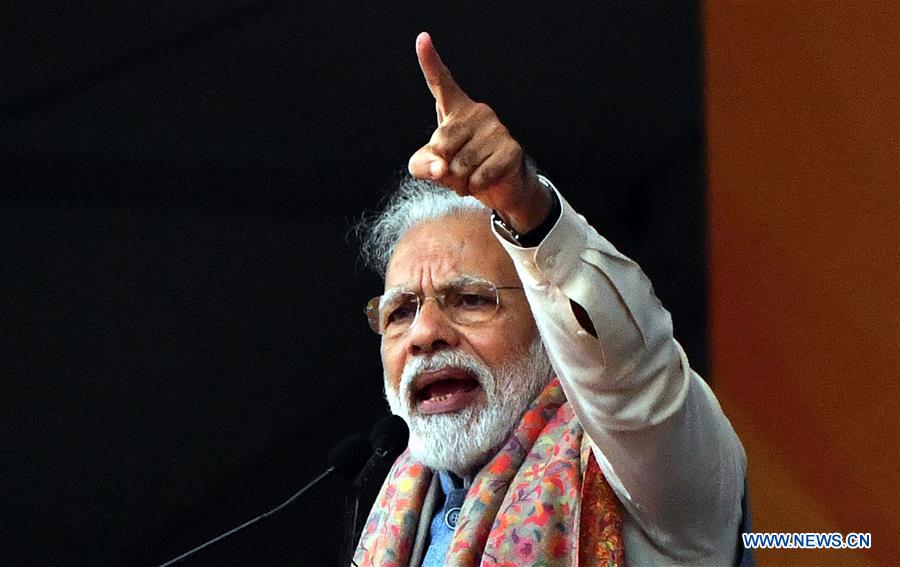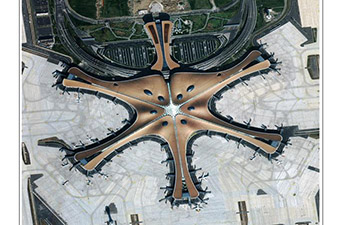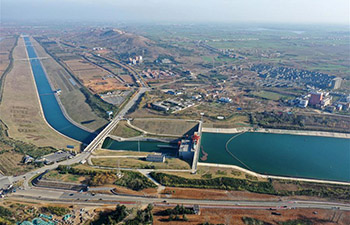
Indian Prime Minister Narendra Modi addresses his Bharatiya Janata Party's rally in New Delhi, India, on Dec. 22, 2019. Narendra Modi on Sunday refuted allegations that his government is discriminatory in the Citizenship Amendment Act (CAA) which has triggered massive protests nationwide. (Photo by Partha Sarkar/Xinhua)
NEW DELHI, Dec. 22 (Xinhua) -- Indian Prime Minister Narendra Modi on Sunday refuted allegations that his government is discriminatory in the Citizenship Amendment Act (CAA) which has triggered massive protests nationwide.
"Those who resort to spreading falsehoods I want to tell them in the last session of parliament we passed a bill to recognise property rights of residents in unauthorised colonies to grant ownership rights to them, did we asked for papers on the basis of religion? Those living here Muslims, Hindus, Christians and others will be benefited," Modi said.
"When we didn't discriminate there how come are they saying we are discriminatory in the CAA."
Modi made the remarks while addressing Bharatiya Janata Party's (BJP) mega rally at Ramlila Maidan, a ground located in New Delhi, the capital city of India.
"This CAA is not for any Muslim or Hindu of this country. The citizens of India have nothing to do with CAA," Modi said. "If we make one law to empower you how come we will make another to expel you. This is a childish talk."
The rally is being held amid countrywide protests against the controversial new citizenship law that was passed by the parliament last week.
So far 22 people have been killed during protests across the country. The majority of deaths took place in Uttar Pradesh, where the government has imposed prohibitory orders and shutdown internet in several districts.
The law is aimed at granting citizenship to illegal immigrants belonging to six religions - Hinduism, Sikhism, Buddhism, Jainism, Parsi and Christianity - from Bangladesh, Afghanistan and Pakistan. However, it has kept out Muslim immigrants from applying for citizenship.
Opposition parties and civil society members in India criticize the law as contrary to secular principles enshrined in India's constitution as it excludes Muslims.











